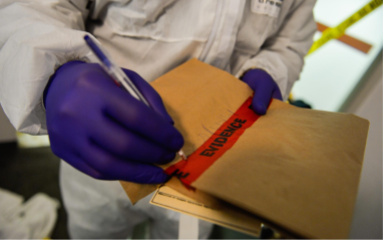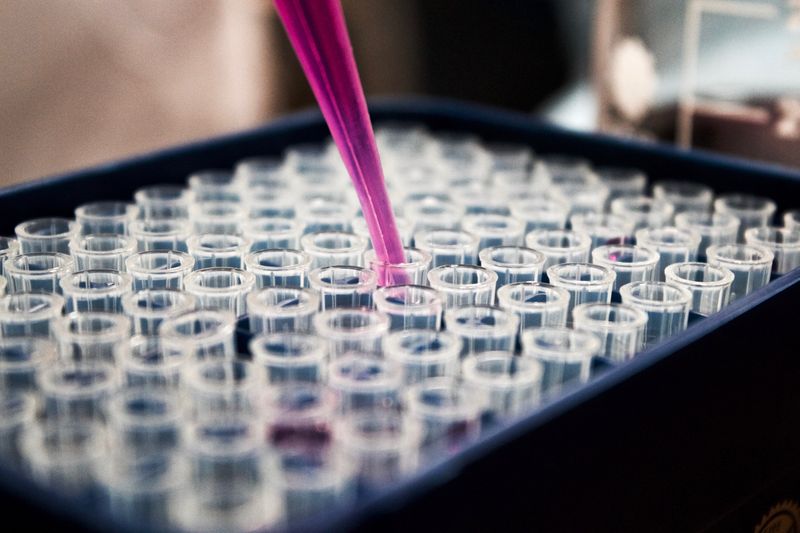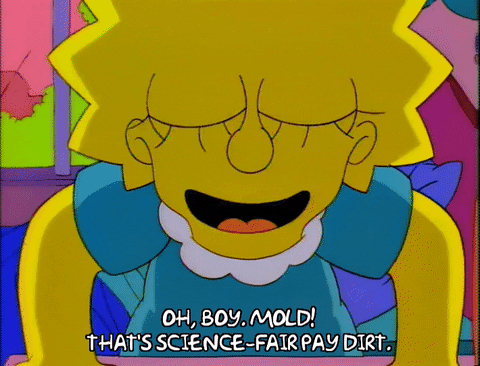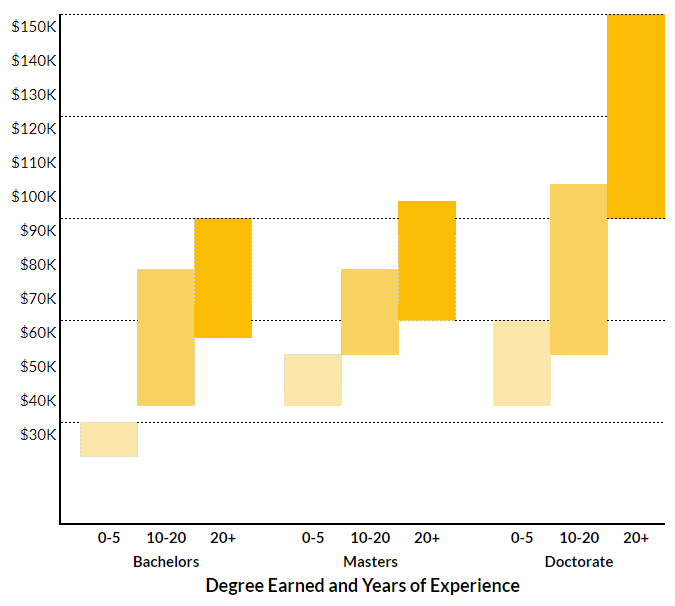
This logo isn't an ad or affiliate link. It's an organization that shares in our mission, and empowered the authors to share their insights in Byte form.
Rumie vets Bytes for compliance with our
Standards.
The organization is responsible for the completeness and reliability of the content.
Learn more
about how Rumie works with partners.
Are you:
interested in true-crime stories and learning about the drugs or substances involved in a person's injury or death?
curious about how companies make sure the foods and products we buy are safe for us to eat, drink or use on our bodies?
passionate about studying and helping reduce the effect of chemicals on humans and other living things in our environment?
Toxicology may be the field for you!

Did you know?
What Is A Toxicologist?
Toxicology is the study of the effects of chemical, biological, and physical agents on living organisms, particularly humans .
A toxicologist is a scientist or researcher who helps us better understand the possible harm that different substances, pollutants and microorganisms can cause on the human body, other living things, and the environment.
There are many different fields within toxicology, some of the common ones include:
Forensic — detection of drugs and toxins in bodily tissues and fluids in criminal investigations

Environmental — research of pollutants found in air, soil, and water related to public health

Medical — evaluation and treatment of healthcare patients exposed to poison or toxins
 Photo by Testalize.me on Unsplash
Photo by Testalize.me on UnsplashProduct Safety — research of chemicals in goods sold, such as foods, cosmetics, and household goods
 Photo by Louis Reed on Unsplash
Photo by Louis Reed on UnsplashWatch this video to learn more about the science of poisons:
Quiz
Stella is a student learning about STEM careers. She is concerned about how human activities can harm the air, land, and water we depend on, and their effects on humans, plants, and animals. Which field of toxicology should she learn more about?
Because Stella is concerned about how pollutants or substances can impact the environment, humans, animals, and plants, Environmental Toxicology may be an area she would be interested in studying.
Where do Toxicologists Work?
Toxicologists can work in many different public and private industries, including:
Governmental Agencies

Academic Institutions

Private Companies

Medical Facilities
How Do I Become A Toxicologist?
If you earn an Associate's or Bachelor's degree, you can work as a lab assistant, research technician, or animal care specialist. With a Master's or Doctoral degree, you can land jobs with higher responsibilities and pay.
High School Studies
If you are taking high school courses, focus on these areas:
Basic Reading, Writing & Math
Computer Science
Biology
Chemistry
Physics

Undergraduate Programs
When you're ready to look for the right college, research schools with a program in toxicology. If one is not available or convenient to you, major in biology or chemistry. Along with courses in biology and chemistry, make sure to include courses in physics, computer science, statistics, and math (yes, even calculus).
Other Important Skills to Develop
Some additional skills that will help you include:
Strong written and oral communication
Laboratory practice
Project management
Computer knowledge
Graduate School And Beyond
If you're interested in taking your studies further, research prerequisites needed before applying to graduate and doctoral programs. You'll need advanced courses in chemistry and biology, as well as scientific writing and public speaking.
Summer internships are a great way to gain valuable work experiences, such as laboratory and research experience along with leadership skills that can give you an advantage when applying to programs. 
Take Action

Do you think toxicology might be the career path for you?
Here are some things you can do to learn more about this high-demand career:
This Byte has been authored by
Valerie Verastegui
Designing Learning for Learners on the Go!
